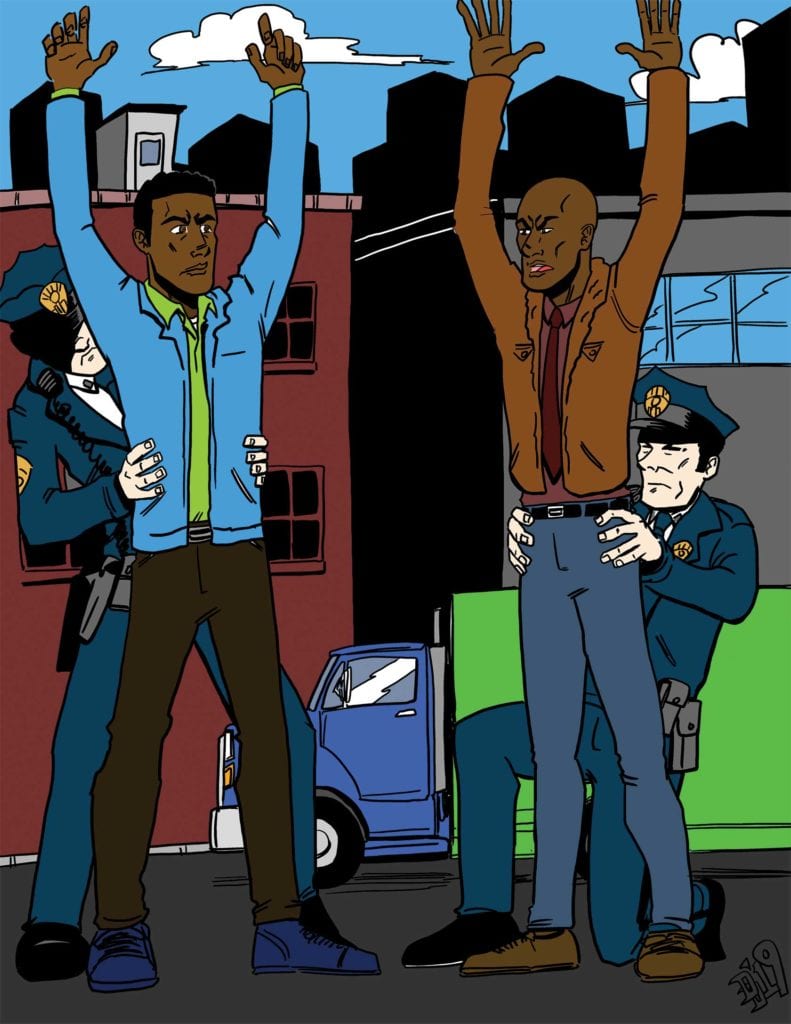
Prior to 1968 it would have been a constitutional violation for a policeman to “stop-and-frisk” anyone unless he had a warrant for that individual’s arrest. However, the U.S. Supreme Court altered that restriction with its decision in the case of Terry vs. Ohio. It became permissible for a police officer to “stop-and-frisk” if it was his judgment that the person was carrying a gun or was about to commit a crime. The question then became whether the police force was judicious in the implementation of its stop-and-frisk policy. Former Mayor Michael Bloomberg of New York is now forced to account for the policy when he was in office.
The primary objective of stops by police in New York was to discover and remove guns thus reducing the number of shootings. Bloomberg served as mayor from 2002-2013. In 2002 there were 97,296 stops and 1,892 victims of gunfire. In 2011 the number of stops had climbed to 685,724 but there were still 1,821 gunfire victims. Clearly the stops were ineffective.
The disastrous aspect of the policy is that blacks and Latinos were the primary victims of the stops. They were nine times more likely to be stopped than were whites. And with all this police harassment, very few guns were taken off the street. During the Bloomberg era only 14 guns were found in every 10,000 stops.
Now that Bloomberg plans to run for president, blacks seem to be concerned that the apology for his support of stop-and-frisk is sincere, and well it should be. But little attention has been given to the loss of our Fourth Amendment rights. This constitutional amendment prohibited any unwarranted violations by the police. It states in part that “the right of the people to be secure in their persons, houses, papers, and effects, against unreasonable searches and seizures, shall not be violated…”
In the process of defying this right, the police have alienated their relationship with blacks and Latinos. Without the support of the community, the police are less effective at their primary objectives, the protection of citizens and the deterrence of crime. Nonetheless there has been no serious outcry against the loss of Fourth Amendment rights.
Compare this with the protest from the National Rifle Association over any restriction on the unfettered right to buy guns, even firearms intended for military use. The NRA has imposed upon the American public an interpretation of the Second Amendment that would have required the Founding Fathers to anticipate in the late 1700s the availability of AR-15 style rifles as a common weapon of choice. The slow reloading flint locks were common back then.
The loss of Fourth Amendment rights did not end with stop-and-frisk. The technology industry in its many forms has now felt free to alienate whatever rights of privacy remain, regardless of the citizen’s race. Industry leaders insist that the loss of privacy is a modest price to pay in order for the high tech media to be affordable. Perhaps, but it is still a crime to record a telephone call without permission.
Bloomberg’s apology is an admission that stop-and-frisk has failed. Black leaders who oppose the practice should present their protest from the perspective of an excessive violation of the Fourth Amendment rights to privacy. This is an important grievance to pursue now because many people of all ethnicities are concerned with the massive loss of Fourth Amendment rights created by digital technology.


![Banner [Virtual] Art Gallery](https://baystatebanner.com/wp-content/uploads/2024/04/Cagen-Luse_Men-at-store-e1713991226112-150x150.jpg)



